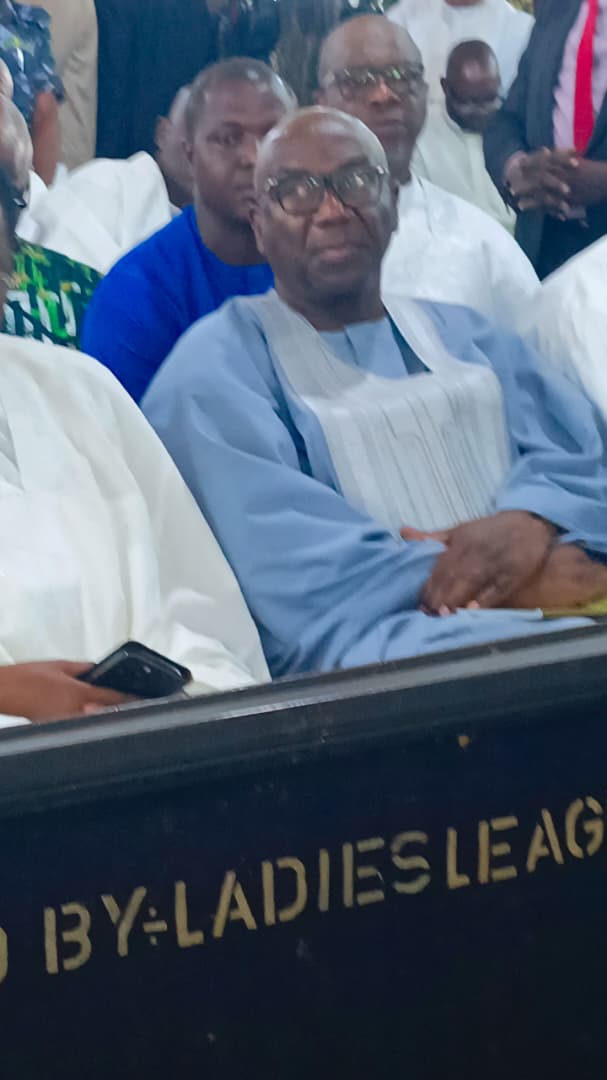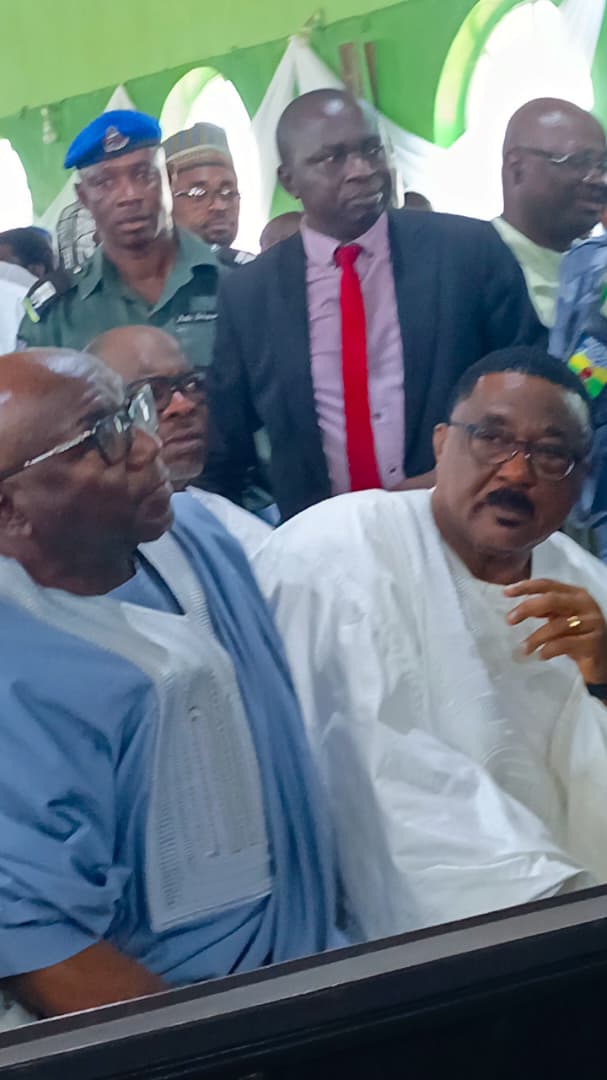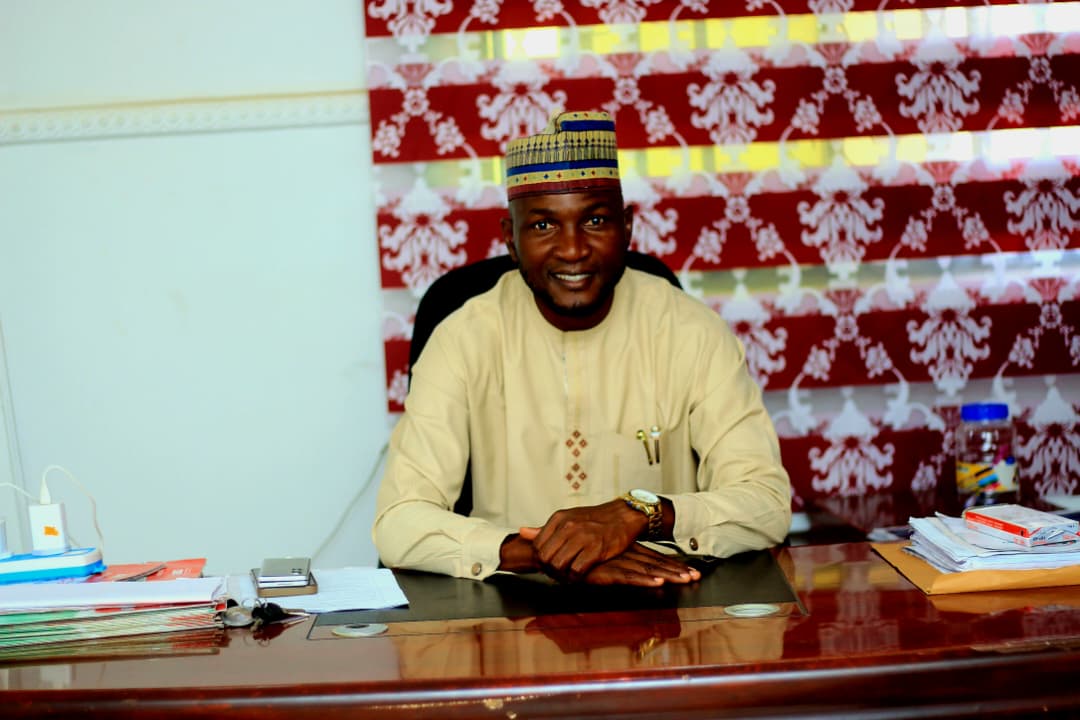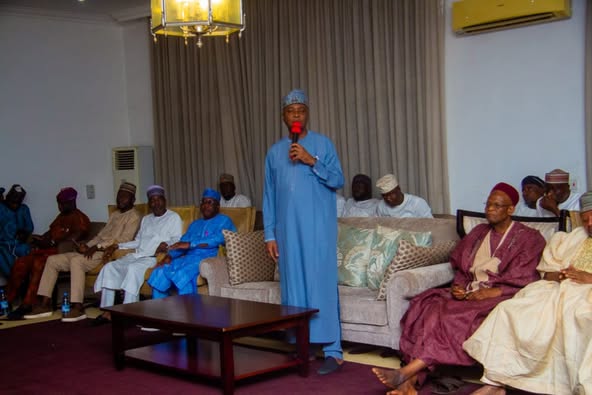After 2027, Ilorin Must Be Cleansed

By Lawal Akanbi Sharafadeen (Arab Money)
Since the beginning of this year, the noise in the polity has been all about succession. If it’s not about who takes over in 2027, it’s about which zone gets what or which alliance holds sway. When one looks at the cacophony of these noises, one may be tempted to believe that 2027 will mark a fresh start for Kwara. Yes, but there’s more…!
Let’s break it down better. After nearly six years under Governor AbdulRahman AbdulRazaq, Ilorin Emirate has suffered not just political misdirection but a brutal erosion of its soul. Its politics has turned poisonous, its social harmony fractured, and its civic culture reduced to whispers and fear; so much so that if the city is to rediscover itself, a post-2027 cleansing (moral, political, and institutional) is not just necessary, it’s brutally urgent.
Agreed, politics in Ilorin has always been intense, but it has never been this toxic, this divisive, this corrosive to the city’s social harmony and political civility. The AbdulRazaq era has brought with it a brand of politics that thrives on fear, sycophancy, intimidation, and orchestrated hostility. It is a political culture where family ties are strained, party lines are battlefronts, and young people are weaponized for cyberbullying and thuggery all in the name of loyalty to the governor.
Take the recent case of Agbelere, a young, opportunistic Local Government Council Chairman who railed against a Senator from his own local government in the most vicious manner, all in a bid to prove his loyalty to the governor. This is the perverse standard that the AbdulRazaq school of politics demands: blind allegiance, theatrical hatred for perceived dissenters, and a public show of enmity toward anyone who falls out of favor with the power structure.
Even more disturbing is the story of a certain Suleiman Abubakar, known as Say Kai an uncouth, barely literate, loudmouthed local politician whose stock-in-trade is insulting the perceived enemies of the governor just to curry favor. I learned that it was not until his dirty spits filled the bucket that he was rewarded with a government appointment. This is a dangerous precedent and a stain on Ilorin’s political decency.
There is an even more damaging pattern: young boys, many of them school dropouts or unemployed, being recruited daily to peddle hate, insult elders, and attack political opponents online and offline. Instead of raising a generation of informed citizens and responsible youths, the AbdulRazaq administration has continued to empower a mob of attack dogs whose only skill is vitriol.
But the damage isn’t just social it’s also institutional. Unlike in the Saraki glorious era, appointees can no longer take initiatives unless they read the governor’s “body language” correctly. Dressing too well, speaking too confidently, or associating with the wrong people could cost one their job under this sadistic governor. This style of leadership, based on paranoia and control, is alien to Ilorin’s culture and deeply unhealthy for governance.
Even worse is the culture of silence and fear that has gripped the city. Critical stakeholders, from traditional rulers to top elites, are too afraid to speak out. They remained mute even when iconic institutions like the Crystal Place Mall were demolished overnight. Neither did anyone talk about the effrontery of the governor to ask the owner of the demolished mall, Hon. Moshood Mustapha, to apologize to him publicly when they met at a recent public function. Everyone looked the other way when major federal projects, like the N500 million pavilion meant for the Emir’s palace, were abruptly abandoned.
This culture of fear and silence must end. Ilorin was not built on cowardice or complicity. It was built on dialogue, respect for community elders, constructive engagement, and moral courage. What has taken root in recent years is a perversion of all these values.
The 2027 election may remove the last vestiges of Governor AbdulRazaq from power, but that alone will not be enough. The real task ahead lies in cleansing Ilorin of the toxic political ethos his administration has entrenched. Political leaders, religious institutions, community elders, and civil society must unite to rebuild the city’s values from the ground up.
So, after 2027, we must not merely move on—we must move forward. And by moving forward, we must conduct a complete diagnosis of what went wrong, rejecting what cannot and must not continue, and restoring what must. Only then will we sleep with our eyes closed, knowing that truly, we have our beloved city back from the marauders!
Kwara shall be great again!
Lawal Akanbi Sharafadeen writes from Kwara State Capital.



